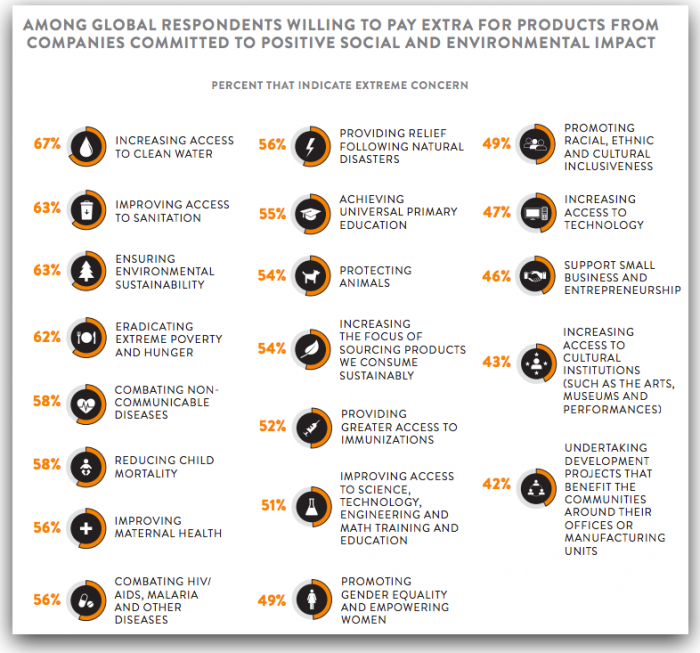There are few movie depictions of good guy CEOs and socially responsible businesses, probably because without explosions and car chases – box office returns would be too small. Plots involving super-heros with dramatic visual effects rescuing downtrodden cubicle-bound employees and innocently victimized customers are visually entertaining movie fare, while imagery of emotionally well-balanced employees producing environmentally friendly products for loyal and socially aware customers – is not.

Benefit Corporation Bcorp for Socially Conscious Business
Everyone has a mental image, provided by action and suspense movies, of corporate leaders who are greedy and corrupting influencers – and frequent news stories with real-life examples like Enron and Bernie Madoff taking billions in profits down in flames. But there are also CEOs and business leaders who have focused their energies on making the world a better place for both their customers and their employees.
Most of the public knows of our ugly business history filled with robber baron railroad magnates, and oil tycoons who profited handsomely while exploiting slave labor, and massive sweatshops filled with child laborers. This history, combined with popular movies about greed on Wall Street could make a majority of us expect only greed and corruption from business leaders.
But a new type of corporate structure has begun to emerge, one that puts benefits for society above profits. It’s call a Benefit Corporation or Bcorp. From the Benefit Corporation “Declaration of Interdependence:”
As members of this emerging sector and as entrepreneurs and investors in B Corporations™, We hold these truths to be self-evident:
- That we must be the change we seek in the world;
- That all business ought to be conducted as if people and place mattered;
- That, through their products, practices, and profits, businesses should aspire to do no harm and benefit all.
- To do so, requires that we act with the understanding that we are each dependent upon another and thus responsible for each other and future generations.
The video below is an intro to Benefit Corporations.
We’ve started to hear of more socially aware and responsible companies recently, like Jessica Alba’s “Honest Company”, valued as a startup in 2015 at $1.7 Billion. The Honest company just announced 16 weeks of paid leave (both paternity and maternity) for new parents. Taking care of employees is a core belief of new companies, and is becoming important in recruiting. Richard Branson recently announced unlimited vacation for Virgin Group office staff.
Give people control over their time, and they will build a great company, not for you, but with you. In the Participation Age, time is the new money
— Richard Branson
Not all of the companies mentioned are Benefit Corporations, but the corporate personnel policies along with a movement toward producing high quality products without harmful ingredients or packaging, are becoming more common. Do we, as a culture, want more companies committed to doing good in the world, treating their employees exceptionally well, while being transparent about healthy ingredients and safe products? It appears that those trusted businesses are even able to charge higher prices and put the increased profit into employee benefits and community improvement. Consumers want Corporate Social Responsibility and will pay more for it.

Source: Nielsen Global Survey of Corporate Social Responsibility, Q1 2014
Work for someone who believes in you — because when they believe in you, they’ll invest in you
— Marissa Mayer
As more women become founders and CEOs of business, I suspect we’ll see more emphasis on doing good while doing well. An early socially responsible CEO was the late Anita Roddick, known for making quality all-natural cosmetic products for her company “Body Shop” – where natural ingredients were used and no animal testing was done. That very basic core principle made her one of the richest women in England by appealing to customers who identified with those simple concepts.
Doing good in the corporate world (for both employees and customers) is becoming expected.
